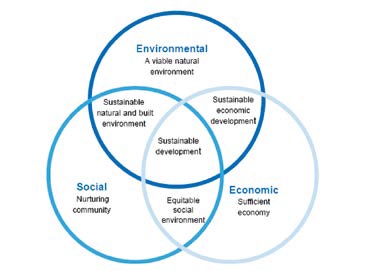THE ROLE OF NUTRITION IN SUPPORTING SUSTAINABLE POULTRY PRODUCTION
Emily Burton
Poultry Research Unit, Nottingham Trent University, UK
Questo indirizzo email è protetto dagli spambots. E' necessario abilitare JavaScript per vederlo.
 Background
Background
Advancing our knowledge of poultry nutrition has been a globally significant research field for approaching a century. This has enabled poultry to become established as the most efficient of all animals as a protein source. From the 1940s to the 1990s, poultry scientists initially established the concept of apparent metabolisable energy as a basis for feed formulation, before systematically working to establish the requirements for vitamins, amino acids and minerals (Elwinger et al., 2016). Through the 1980s the role of exogenous enzymes in enhancing digestion was investigated and quickly adopted universally through a diverse range of enzymes from alpha galactosidases to xylanases (Bedford et al., 2022).
 The vast knowledge accumulated on how to meet the nutritional requirements of poultry has allowed researchers to evolve towards use of nutrition to achieve the wider aims of global food security. In parallel to the highly focused advances in poultry nutrition, other researchers were grappling with the seemingly intractable conflict between globalized economic growth and accelerating ecological degradation. In 1983, the UN invited former Prime Minister of Norway, Gro Harlem Brundtland to chair an independent commission to explore this conflict and propose solutions. The chief outcome was the reframing of economic development in a new paradigm: sustainable development; defined as “development that meets the needs of the present without compromising the ability of future generations to meet their own needs” (Brundtland, 1987). The concept of sustainable development was explained in depth through the discussion of climate change, economic development, and global goals that should be implemented to achieve sustainable development. The Brundtland Report delineated how economic growth, social equity and environmental balance are essential to create a sustainable development solutions network – utilizing local, national and global development strategies. From this, sustainable development became based on three fundamental pillars: social, economic and environmental. Sustainability clearly exists to find balance between economic, social, and environmental needs, both now and in the future, which makes the three pillars a logical grouping system. However, sustainable development requires a holistic and systemic approach to the three pillars best visualised as a Venn diagram, shown in figure 1 (Royer, 2019).
The vast knowledge accumulated on how to meet the nutritional requirements of poultry has allowed researchers to evolve towards use of nutrition to achieve the wider aims of global food security. In parallel to the highly focused advances in poultry nutrition, other researchers were grappling with the seemingly intractable conflict between globalized economic growth and accelerating ecological degradation. In 1983, the UN invited former Prime Minister of Norway, Gro Harlem Brundtland to chair an independent commission to explore this conflict and propose solutions. The chief outcome was the reframing of economic development in a new paradigm: sustainable development; defined as “development that meets the needs of the present without compromising the ability of future generations to meet their own needs” (Brundtland, 1987). The concept of sustainable development was explained in depth through the discussion of climate change, economic development, and global goals that should be implemented to achieve sustainable development. The Brundtland Report delineated how economic growth, social equity and environmental balance are essential to create a sustainable development solutions network – utilizing local, national and global development strategies. From this, sustainable development became based on three fundamental pillars: social, economic and environmental. Sustainability clearly exists to find balance between economic, social, and environmental needs, both now and in the future, which makes the three pillars a logical grouping system. However, sustainable development requires a holistic and systemic approach to the three pillars best visualised as a Venn diagram, shown in figure 1 (Royer, 2019).
Download all the plenary sessions fullpapers
Download Dr Burton's presentation